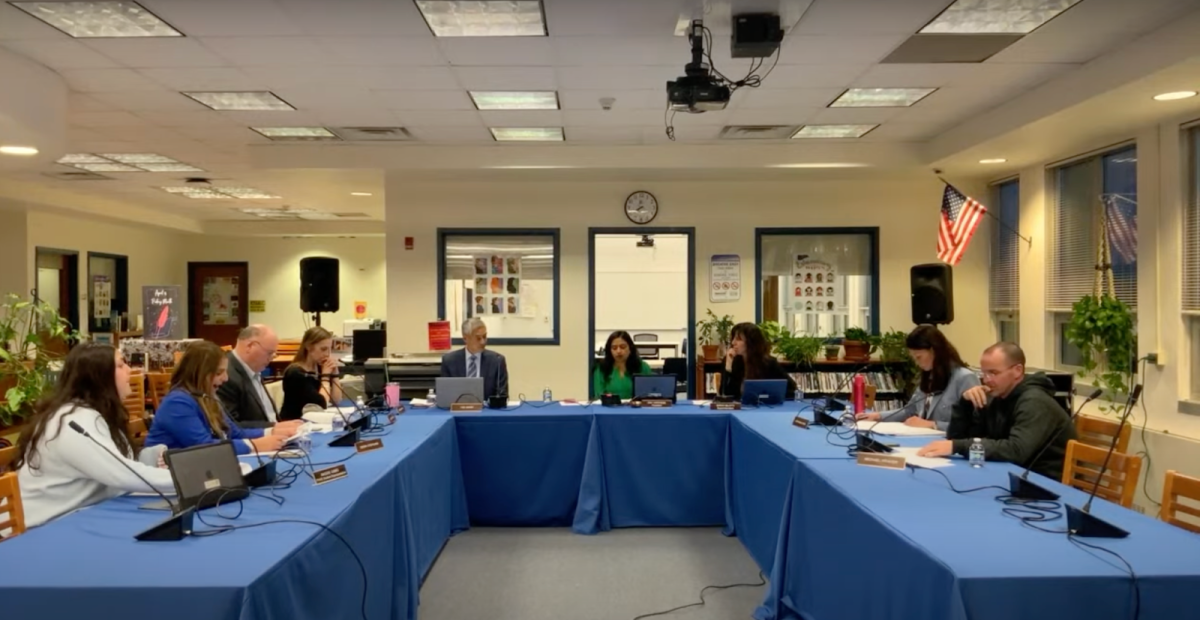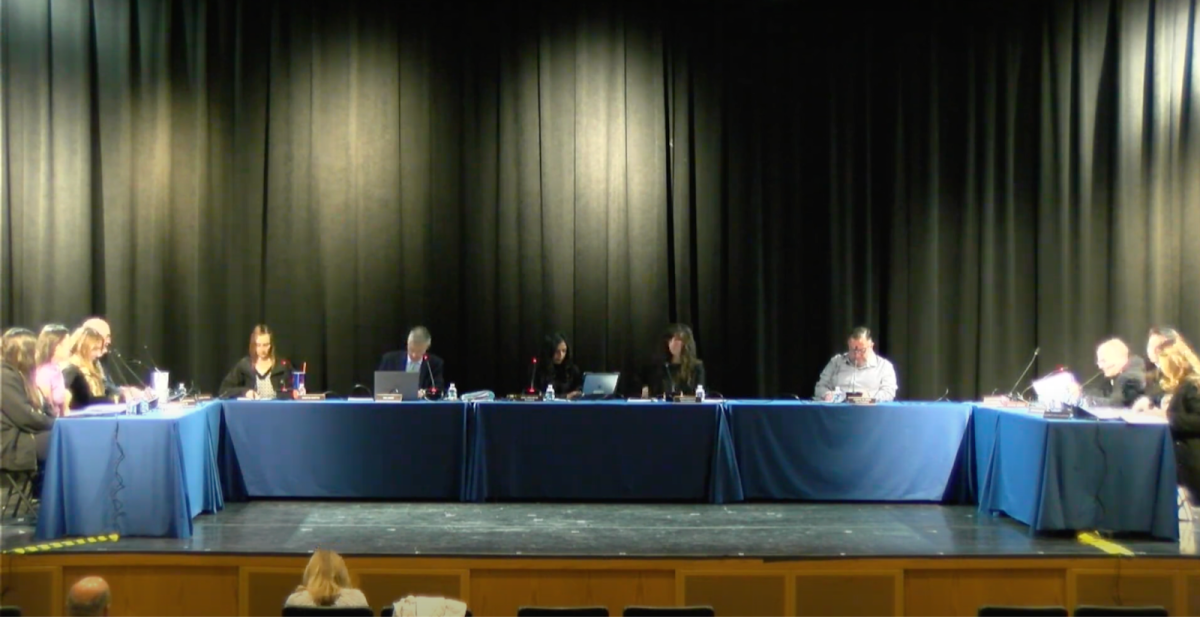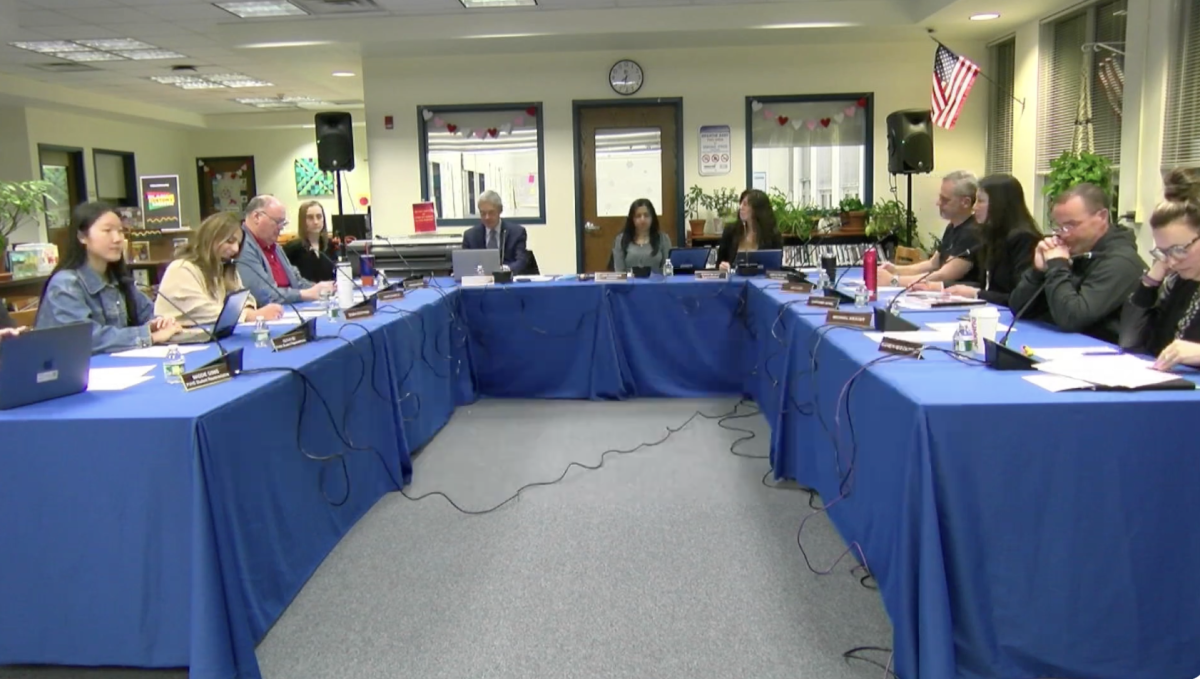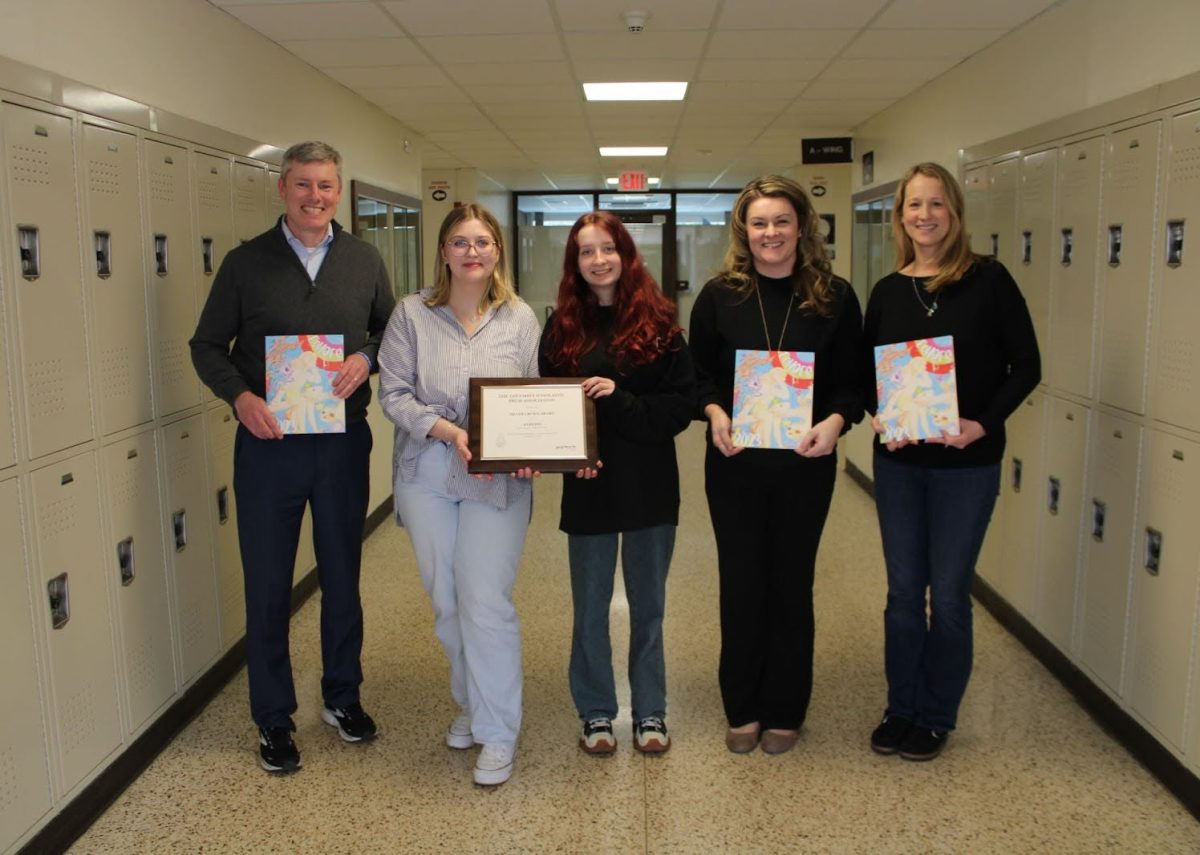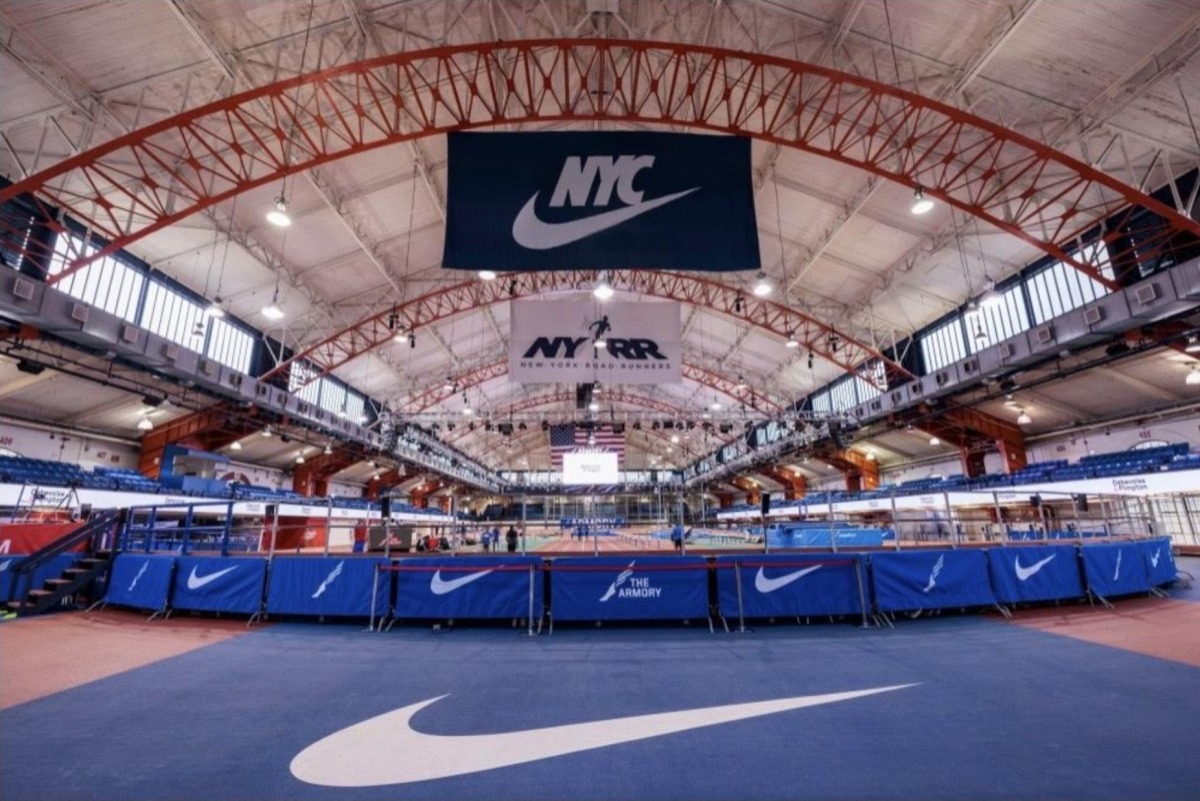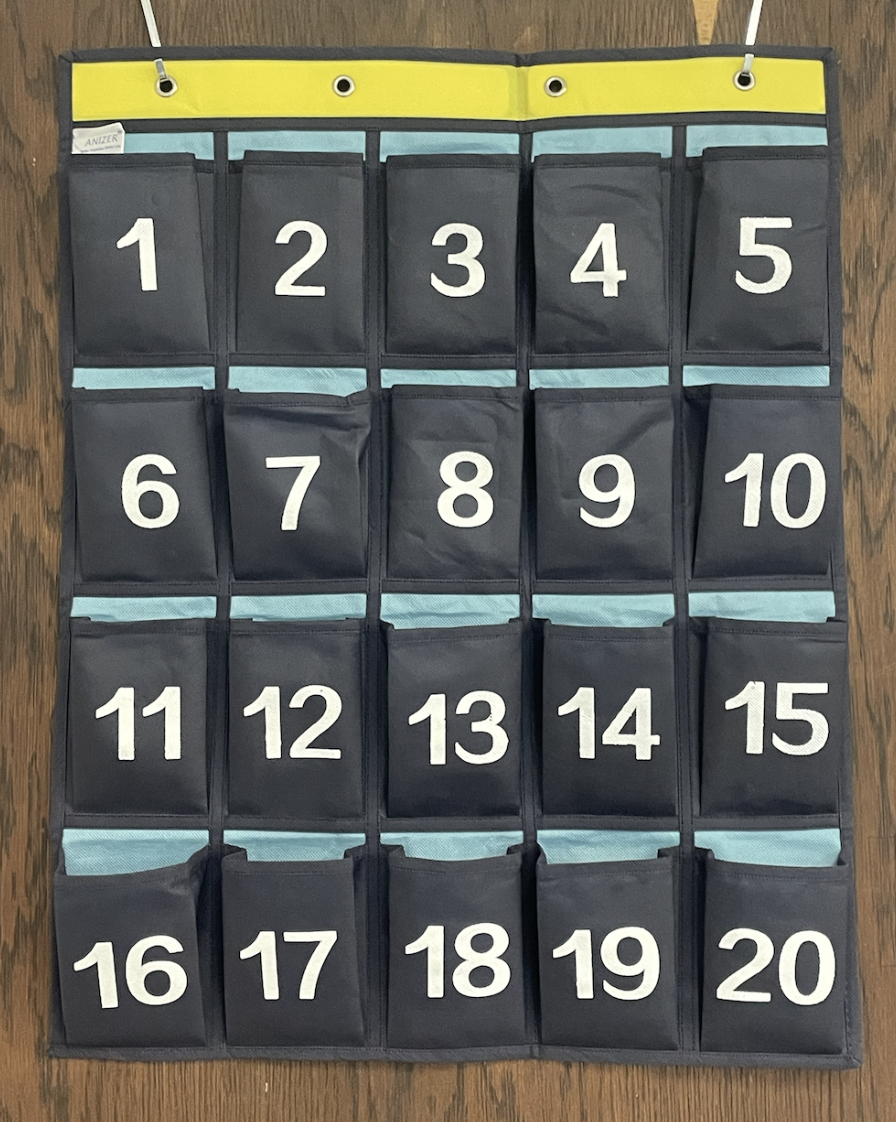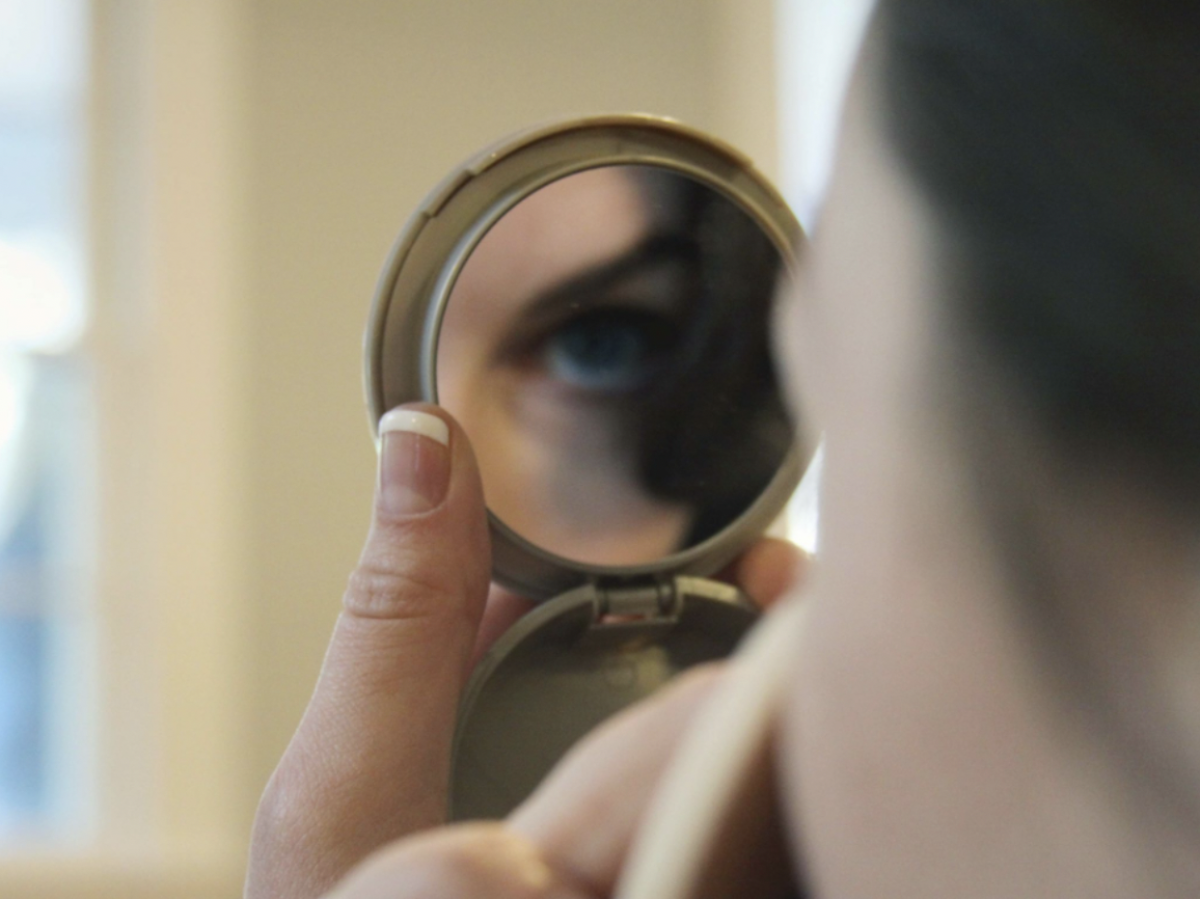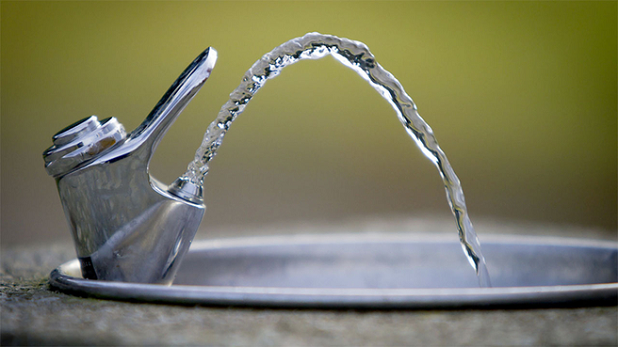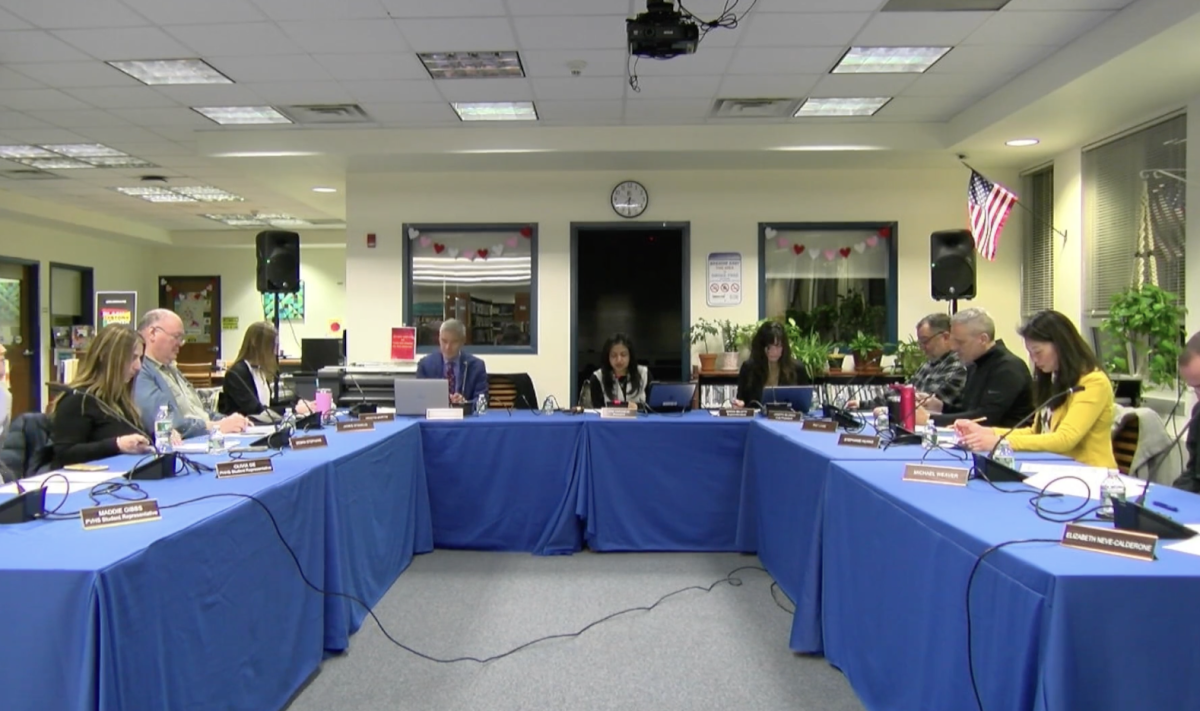Students, staff and parents of the Pascack Valley Regional High School District were taken by surprise on April 8 upon receiving a letter from Superintendent Erik Gundersen, detailing elevated lead levels found in six Pascack Hills locations and one Pascack Valley location. The areas included:
- Fountain in the main lobby
- Fountain outside the guidance office
- Fountain adjacent to room 110 (Mrs. Listro’s Room)
- Fountain adjacent to room 212 (Dr. Wilhelm-Band Room)
- Hand washing sink in cafeteria kitchen
- Slop sink in cafeteria kitchen
As detailed in Gundersen’s email, the State of New Jersey does not require schools to test their water systems for lead. However, in light of recent findings regarding high lead levels in the water of Newark schools, the decision was made to investigate PVRHSD’s water systems—and rightfully so.
Both Suez and another private environmental testing company conducted tests—Suez on water as it enters the school and the private environmental testing company on all in-school fountains and faucets.
Following the report’s arrival on April 7, the district staff immediately shut down all water fountains in question to prevent any further use. After careful deliberation, the aforementioned email was sent April 8 providing faculty, students and staff with all necessary information and the district’s plan going forward to prevent this issue from reoccurring.
The four water fountain locations detected as having high lead levels were the traditional porcelain fountains installed during the original construction of the building. It is speculated the solder, a low-melting alloy, used on the copper pipes connected to these fountains could be the cause for the elevated lead levels. These fountains, specifically the few in which high levels were found, have barely been used by students and staff as a result of the recent additions of multiple new, chilled filling stations the school implemented in the past two years.
Additionally, the two sinks located in the cafeteria kitchen were not used by or for students or staff. All other fountains and sinks have been deemed unaffected and thereby completely safe for use.
In response, a remediation plan has been detailed to “replace all affected water fountains with new water coolers/fountains that include lead filtration.” These fountains will be retested before being deemed acceptable for student and faculty use. The process is predicted to take several months, as a result of the labor intensive and expensive work it will require.
Administration has responded quickly to the situation; however the email notice of the issue landed in multiple recipients’ “promotions inbox,” and as a result, many went unaware of the situation. This is thought to be a result of the new information system utilized by the superintendent’s office called “Constant Contact” in which mass emails can be sent easily and efficiently with large-scale recipient numbers. The amount of people this email was sent to could be the reason why many email systems labeled the email as spam. Steps will be taken to ensure this does not occur again.
In response to the issue as a whole, Principal Glenn deMarrais says, “The Board of Education should be commended for their proactive approach to addressing the potential problems. Considering what happened in Newark, they are always looking to err on the side of caution.”
Additional information regarding the potential effects of lead exposure can be found here.


